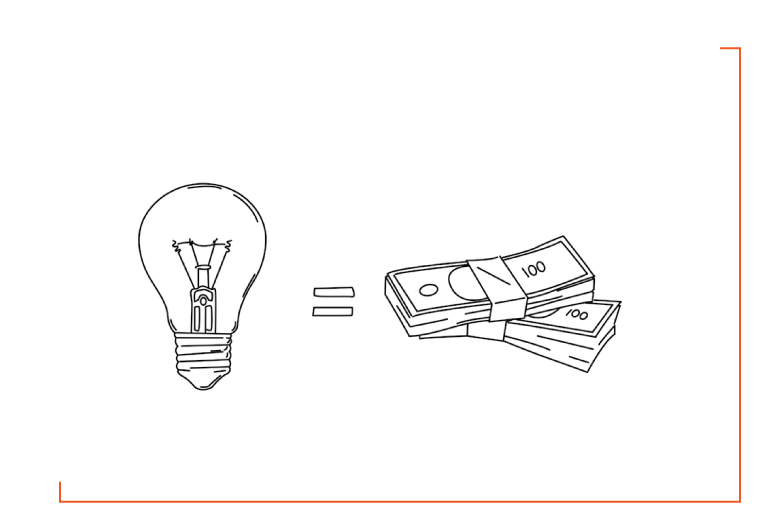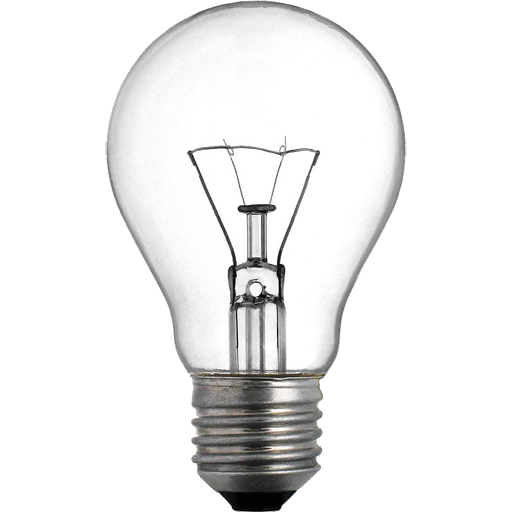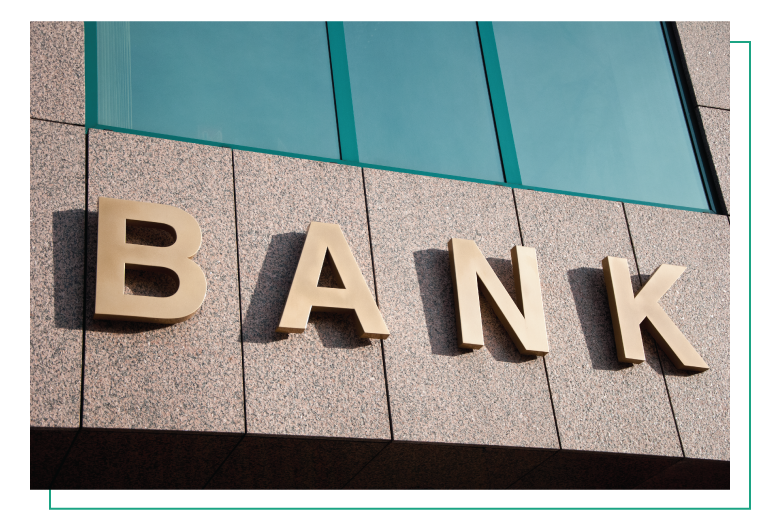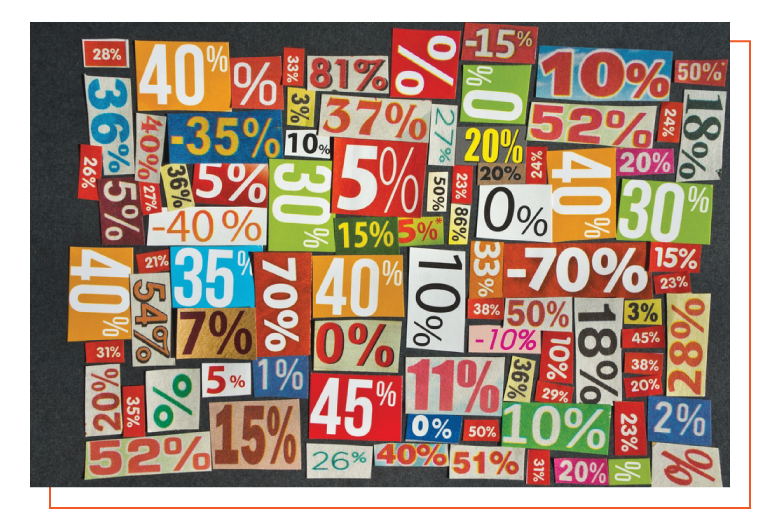How to save money fast on a low income
Pete Zimmerman | 3/23/23

This post at a glance
( TL ; DR )
If you're in a hurry, you can also hit GO TO VIDEO below
Read time: 5 minutes
Summary: Even if you have a low income, there are creative ways to build up your savings. And some of them can get results quicker than you expect. Here are some great tips on how to save money fast on a low income.
Is your income... low? There are still solid ways to save money, and many of them can get you results fast.
There's this old saying about getting results.
You can have good, fast, or cheap. Pick two.
If it's fast and good... it won't be cheap. If it's cheap and good... it won't be fast. And so on.
You can't have all three.
For working-class people with low incomes, this hurts. Because it means that something's either going to be slow, or it's going to be low-quality. Because it's usually going to have to be cheap. We aren't out here buying Rolls Royces.
But here's the thing...
If you're willing to put in the work, make a few sacrifices, and stick to your guns, this doesn't have to apply to your saving. You can make quality progress,and make it quickly, with the right plan of action.
How can you save money fast on a low income?
The truth is, there's no simple answer. If you adopt a frugal approach, you may start to feel like you've cut out the fun parts of life. And if you set your savings goals too low, your budget won't... budge (sorry, not sorry).

So what's the solution? Start thinking outside the box - get creative.
If you're unsure where to start, here's a quick guide with 15 tips on how to save money successfully—and fast—even with a low income.
How to save money fast on a low income
1: Build the RIGHT budget
First things first: build a budget that works for YOU. The last word is the most important, because a budget you can't stick with is just as bad as no budget at all. Come up with a set amount you can spend on bills, groceries, and other key stuff each month. Be realistic when choosing and setting a budget to ensure you don't bust it.
When you don't have much money, budgeting can seem like more trouble than it's worth. Like trying to split a penny into smaller slices. But the truth is, it's the opposite. No matter how much you're bringing in, if you don't have a plan for how to use the money you have, you're almost guaranteed to overspend.
The worst part is that overspending on something means that you're losing out on something else. Maybe something you value more. Making those spending decisions on the fly, and making sure that you have enough to cover things you truly care about, is next to impossible without a budget.
An effective budget has your savings goals built right in. Again, it's best not to set these goals too high, but if you have a plan to save at least a small part of every paycheck, it will grow your savings quickly and consistently. If you want to know more about all the things budgeting can do for you, check out this post on the importance of budgeting.

Pro-Tip
ALWAYS PAY YOURSELF FIRST.
Good budgets have savings goals built right in. But the BEST budgets take it step further, and put your money to savings FIRST. Then, you spend what's left. This is a big difference, because it changes your mindset to save proactively, and routinely (instead of just passively saving what's left at the end of the month).
2: Try impulse saving
When you're on a tight budget, small spending decisions add up fast. Did you know that Americans impulsively spend over $275 every month?
You can easily deplete your paycheck with purchases of things you didn't need (or even really want after the buyer's remorse strikes). But that also means small changes in that decision-making can help you save money just as fast as you would have spent it.
Don't believe it?
Here's how.
Since you weren't planning to spend it anyway, it could just as easily be unplanned savings, simply by making a different decision. $100 per month in impulse spending could be impulse saving instead. Move that money into a savings account to cement your decision and remove the temptation in the future.
Try it out for yourself with this interactive table, and check out how quickly spending can shift to saving with just a few different decisions.
Spent this month
$150.00
Saved this month
$0.00
Item | Cost | ||
|---|---|---|---|
Starbucks | $5.00 | ||
New shoes | $54.50 | ||
McDonald's | $7.00 | ||
Gas station extras | $6.00 | ||
Checkout lane extras | $10.00 | ||
Amazon add-ons | $12.50 | ||
Takeout dinner | $25.50 | ||
Sweets | $5.00 | ||
Store magazine | $7.50 | ||
T-shirt from ad | $17.00 |
3: Check your tax withholding
When you start a new job, you'll fill out Form W-4 (also known as the "Employee's Withholding Certificate"). The form will ask you how many dependents you want to claim. Having a higher number of dependents means your employer will withhold less money from your paycheck.
As great as this sounds, it may not always be the best choice. Less money withheld also means you may end up owing money in state or federal taxes at the end of the year. But if you're getting huge tax returns every year, it may mean that you're witholding too much, and you may be able to increase your take home pay by making some adjustments. To ensure your withholding looks good, consult the IRS estimator.
4: Get a bank bonus
Some banks offer bonuses when you open an account with them. And it's not just toasters like the 1980s—these bonuses can earn you up to $250 within a few months. All you need to do is meet some basic requirements like maintaining a minimum account balance.
Before signing up for a bonus, read the fine print. That'll let you know what you need to do and how long you'll need to keep your account open to earn your bonus. And keep an eye out for account fees that could lower the bonus amount. Banks can be sneaky.

5: Refinance your mortgage
Interest rates rise and fall. And when they fall, there could be an opportunity for you to refinance your loans. Is there any way you can reduce your mortgage interest rate? If there is, you should do so as soon as possible. Even a small reduction in rates, such as by 0.5%, could save you thousands of dollars in the long run.
Try out different rates and see potential payments using the Mortgage Payment Calculator.
Let's say you have 25 years left on a $275,000, 30-year mortgage. With an interest rate of 6.5% and a balance of $250,000, you'd pay $2,100 each month in interest and principal. Over 25 years, that comes out to $350,000 in interest. That's not a typo.
Now, let's say you can refinance to a 25-year mortgage and get a 5.25% interest rate. Doing so would result in an immediate $600 savings in interest and principal each month. Your total savings would come close to $150,000.
It's hard to think of a better way to save, if the opportunity is there.
6: Reduce spending on food
As far as personal finance tips go, food spending is easy to overlook. But it can wreck your budget if you let it. The average household spends 40% of its food budget on eating out.
One way to avoid expensive food purchases is to plan most of your meals in advance. Planning helps you make sure that you'll have everything to need to eat, when you need it, and helps you avoid those last-minute DoorDash expenses. As a bonus, shop smart for food. Use lists, watch the sales, and join your grocery store's loyalty programs.
7: Save on rent payment
"Save on rent" is a nicer way of saying "move somewhere else".
This one is a little more involved than cutting back your ...your friend cutting back her Starbucks habit from 19 times to 5 times per week. But it can also have a huge payoff in terms of savings.
Are you renting an apartment and don't have to commute each day? If so, consider moving to a smaller place or a lower-cost area. This can dramatically cut down on housing costs, which are the largest expense in most budgets.
But moving does suck. So if it sounds like too much hassle, try negotiating when the time comes to renew your lease. Remember, all landlords try to keep good tenants. If you come up with a reasonable number and are reliable, they may decide you're worth it.

Just kidding...
You can probably find a nicer place than this, and still save money.
8: Switch to a prepaid phone plan
Take a close look at your phone bills. How many things on there are you paying for without ever using them? We're talking about features like unlimited data, more minutes, emergency roadside assistance, etc.
If you don't need everything you're paying for, switch to a prepaid plan. If you need to stay on a conventional plan, consider switching to a smaller provider. Verizon and AT&T may be big names, but they're not the only games in town. Some of the smaller players can cut you a better deal. Just watch the small print.
9: Use a budgeting app
When you're creating a budget, it can help to use a budgeting app. Apps like Chime, for example, make it easier to save the spare change. There's also Digit, which can automatically examine an account and move money around.
One thing all budgeting apps have in common is that they track your spending. In some cases, they can even predict future spending. This allows you to keep tabs on various spending categories and cut down where needed.
Even if you don't need more apps, don't discount technology altogether. Cashbasic has options that can help you see where your money is going, quickly and easily. Check out the Spending Snapshot to learn more.
Wondering where your money goes? Check out the Spending Snapshot for a quick and easy summary of your spending.
10: Check insurance rates
How often do you compare prices on auto and homeowners insurance? If you haven't done it recently, shop around. You may be able to save by switching to a different carrier. Or by combining auto and homeowners insurance with one company. Insurance is a competitive industry for carriers. Take advantage of your pricing power.
Of course, your current company may make it worth your while to stay with them. Are they offering any loyalty discounts? See if you're receiving the discounts you're entitled to, such as for insuring more than one car. Or safe driver discounts.
11: Take care of your health
Speaking of insurance, healthcare can get expensive as well. Unfortunately, there isn't much you can do to cut down on those costs, but if your plan includes annual wellness check-ups, take advantage of them. Many plans even offer discounted rates if you get them. Otherwise, the best way to reduce healthcare costs is to avoid hospital visits in the first place. Daily exercise and eating right can help you take care of yourself, as can improving the quality of your sleep.
12: Look into coupons
When it comes to avoiding debt, couponing is a time-proven technique. It may seem a bit old-fashioned these days, but it still produces results. Why? Because coupons are easier to find than ever before, and don't involve searching, clipping, driving checkout staff crazy, and paying for the remainder in pennies just to add that 70-year-old touch.
For example, look at Rakuten. If you're using their app, you can get up to 12% cash back for many of their offers. Other couponing sites, such as BeFrugal and Ibotta, offer sign-on bonuses too.

13: Automate your savings
Deciding to save money is easy, but taking that first step is another story. With everything going on in your life, it can be easy to forget to save part of your paycheck. To take your memory out of the equation, move your savings to your account automatically.
These days, many mobile banking apps have automatic savings features. If yours doesn't, you can always download a third-party app. If you don't want automatic transfers, you can also set calendar reminders to save, and handle it the old-fashioned way.
For best results, use a separate, high-yield savings account. That will help you resist the temptation of using your savings for other purposes. Why leave that package of cookies sitting on the counter, tempting you, when you can stash them in the pantry?
Out of sight, out of mind.
Also, don't forget to shop around for the best savings account interest rates. There can be big differences among banks and credit unions.
14: Reduce car costs
Your car can cost you thousands of dollars in upkeep each year.
You can reduce these costs by selling that Rolls Royce, downsizing to a cheaper car, or using public transportation more often. If you have a second car, consider selling it.
You can also cash in your extended warranty, especially if you have emergency savings to cover any serious repair bills. Cashing in can get you a prorated refund for the rest of the contract. And according to Consumer Reports, most customers never end up using these warranties anyway.
15: Cancel unused subscriptions
For many companies, subscriptions are the main method of making money. That's because many customers fall prey to the sunk cost fallacy. If they've shelled out a lot of money for their subscription over the months and years, cancelling can be hard. Of course, this doesn't apply if you're looking for ways to save money. Go through your subscriptions and cancel those you don't use. Resist the temptation to hold out for a time, and be strong.
Now you know how to save money fast on a low income
As long as you follow these money-saving tips, you should reach your savings targets much faster. In fact, just taking the first step on these tips can provide some stress relief in addition to setting you up for financial success. Double win.
Want to learn more about how to save money fast? Not sure which of the above tips makes the most sense for you? Take our Money Persona Quiz to get a clearer grasp of your financial worldview. It's a quick, free way to get to know your own habits and motivations, and gives you the best prep to get started.
Video coming soon...
Share this post
There are no comments yet.

Pete Zimmerman
I've worked in financial services for more than a decade, and know where all the bodies are buried (and where the motivations are). I'm a Certified Financial Planner® and a licensed real estate broker, and love using what I've learned to simplify financial concepts and bring them to life in the real world, for working-class people like you.
Interested in more money ideas and solutions for your life?
Join Cashbasic's mailing list today and get exclusive content and offers direct to your inbox.
Social Connections
Special Thanks
Get Cashbasic's very best content (and exclusive offers) direct to your inbox.
No spam, ever. And we never share or sell your information.
